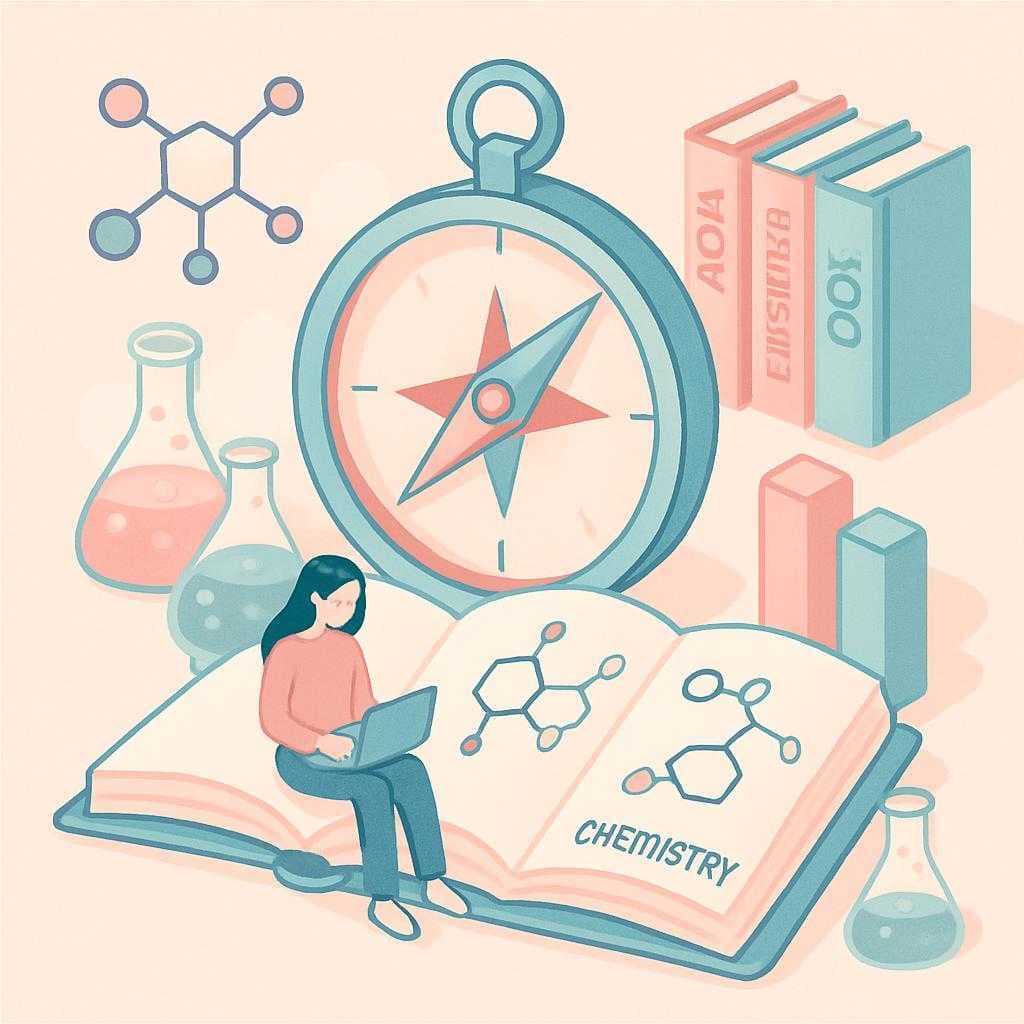Chemistry Compass: Guiding Your GCSE Success with AQA, Edexcel, and OCR
Navigating the realm of GCSE Chemistry in the UK can seem daunting, especially with the varied exam boards like AQA, Edexcel, and OCR. However, understanding the nuances of each can steer your study sessions towards success.
Understanding the Exam Boards
The three major exam boards—AQA, Edexcel, and OCR—offer distinct approaches to GCSE Chemistry. Each board has unique syllabi and assessment styles, yet all aim to test your understanding of core concepts like atomic structure, chemical reactions, and organic chemistry.
AQA
AQA is known for its comprehensive approach, ensuring students grasp both theoretical and practical aspects. The exams often include a mix of multiple-choice questions, structured questions, and practical-based queries. Familiarize yourself with their specific terminologies and experiment expectations to excel.
Edexcel
Edexcel’s exam structure focuses heavily on practical applications and real-world examples. Their papers often challenge students to apply concepts to everyday situations. Pay attention to the practical experiments and be prepared to demonstrate your understanding through clear, concise answers.
OCR
OCR combines traditional topics with modern scientific advancements. Their exams emphasize critical thinking and problem-solving. They may present unfamiliar scenarios, requiring you to apply learned concepts innovatively. Engage with past papers to get a feel for their questioning style.
Tailoring Your Revision Strategy
Start by identifying the key topics outlined by your chosen exam board. Use this as a checklist to ensure no stone is left unturned. Here’s a step-by-step guide to streamline your revision:
-
Understand the Specification: Each board provides a detailed specification document. Use this to guide your study sessions, ensuring you cover all necessary topics.
-
Engage with Past Papers: Past papers are an invaluable resource. They offer insights into question formats and frequently tested topics. Practice under timed conditions to improve your exam technique.
-
Focus on Weak Areas: Regularly assess your understanding by attempting quizzes and self-assessment tests. Concentrate on weaker areas to build confidence across all topics.
-
Join Study Groups: Collaborating with peers can offer new perspectives and shared resources. Discuss challenging concepts and solve problems collectively for a more enriching learning experience.
-
Consult Teachers: Don’t hesitate to seek clarification from your teachers. They can provide tailored advice and additional resources to support your learning journey.
Conclusion
Mastering GCSE Chemistry requires a strategic approach, especially with the diversity in exam board styles. Whether you're tackling AQA’s thorough assessments, Edexcel’s practical applications, or OCR’s innovative questioning, a focused revision plan can guide you to success. Embrace the challenge with confidence, and let your Chemistry compass steer you towards top grades!
